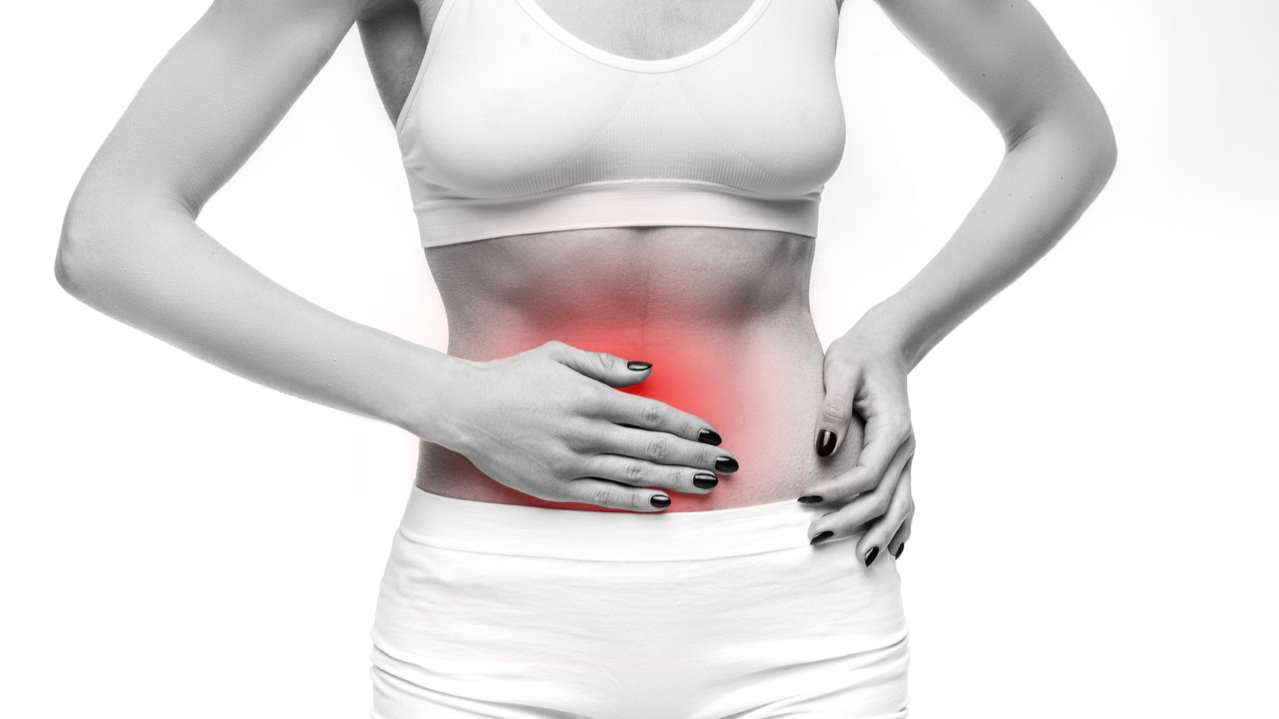Bloating and Bowel Problems During Menopause: Understanding and Managing Digestive Changes
Menopause is a natural phase in a woman’s life that marks the end of her reproductive years. While most people are familiar with the common symptoms of menopause, such as hot flashes and mood swings, many women also experience changes in their digestive system during this time. Bloating and bowel problems can become common complaints, causing discomfort and affecting overall well-being. In this article, we will explore the causes of bloating and bowel problems during menopause, their impact on daily life, and provide practical tips for managing these digestive changes.
Understanding Bloating and Bowel Problems
Bloating refers to a feeling of fullness or tightness in the abdomen, often accompanied by a visible swelling or distention. It is a common symptom during menopause and can be caused by various factors, including hormonal changes, dietary habits, and changes in gut function. Bowel problems, on the other hand, can manifest as changes in bowel movements, including constipation, diarrhea, or a combination of both.
Causes of Bloating and Bowel Problems During Menopause
1. Hormonal Changes: Fluctuating hormone levels, particularly a decrease in estrogen, can affect digestion and contribute to bloating and bowel problems. Estrogen helps regulate bowel function, and its decline during menopause can lead to changes in gut motility and slower transit time.
2. Slowed Metabolism: As women age, their metabolism naturally slows down. This can affect the digestive process, leading to a buildup of gas in the intestines and increased bloating.
3. Changes in Gut Bacteria: Hormonal changes during menopause can also impact the balance of gut bacteria, known as the microbiome. An imbalance in the microbiome can lead to digestive issues, including bloating and bowel irregularities.
4. Dietary Factors: Certain foods can trigger bloating and worsen bowel problems. Common culprits include gas-producing foods like beans, lentils, broccoli, cabbage, and carbonated beverages. Additionally, a diet low in fiber can contribute to constipation.
Impact on Daily Life
Bloating and bowel problems can have a significant impact on a woman’s daily life during menopause. The physical discomfort and visible bloating can lead to self-consciousness and a decrease in self-esteem. Digestive issues can also cause disruptions in daily routines and social activities, affecting overall quality of life.
Managing Bloating and Bowel Problems
While bloating and bowel problems during menopause can be challenging, there are strategies to manage and alleviate these symptoms. Here are some practical tips:
1. Maintain a Healthy Diet: Focus on a balanced diet rich in fruits, vegetables, whole grains, and lean proteins. Limit gas-producing foods and carbonated beverages that can contribute to bloating. Additionally, ensure an adequate intake of dietary fiber to promote regular bowel movements.
2. Stay Hydrated: Drink plenty of water throughout the day to support digestion and prevent constipation. Aim for at least eight glasses of water daily.
3. Regular Exercise: Engage in regular physical activity to stimulate digestion and promote bowel regularity. Exercise can also help relieve stress, which can contribute to digestive discomfort.
4. Manage Stress: Stress can exacerbate digestive symptoms. Practice stress management techniques such as deep breathing exercises, meditation, or engaging in activities that promote relaxation.
5. Probiotics: Consider incorporating probiotic-rich foods, such as yogurt or kefir, into your diet. Probiotics can help restore the balance of gut bacteria and improve digestion.
6. Medications and Supplements: If symptoms persist or become severe, consult with a healthcare professional. They may recommend medications or supplements to address specific digestive issues.
7. Maintain Regular Bowel Habits: Establish a regular bowel routine by setting aside time each day for bowel movements. This can help regulate bowel function and prevent constipation.
8. Seek Professional Guidance: If symptoms persist or worsen, seek guidance from a healthcare professional specializing in menopause or digestive health. They can provide personalized advice and treatment options based on your specific needs.
Bloating and bowel problems during menopause can be bothersome and affect a woman’s overall well-being. Understanding the causes and implementing strategies to manage these symptoms can significantly improve digestive health and quality of life. By adopting a healthy lifestyle, maintaining a balanced diet, managing stress, and seeking professional guidance when needed, women can effectively manage bloating and bowel problems during this transitional phase. Remember, each person’s experience is unique, and it may take time to find the strategies that work best for you. Be patient and persistent in finding the solutions that bring you comfort and relief.









